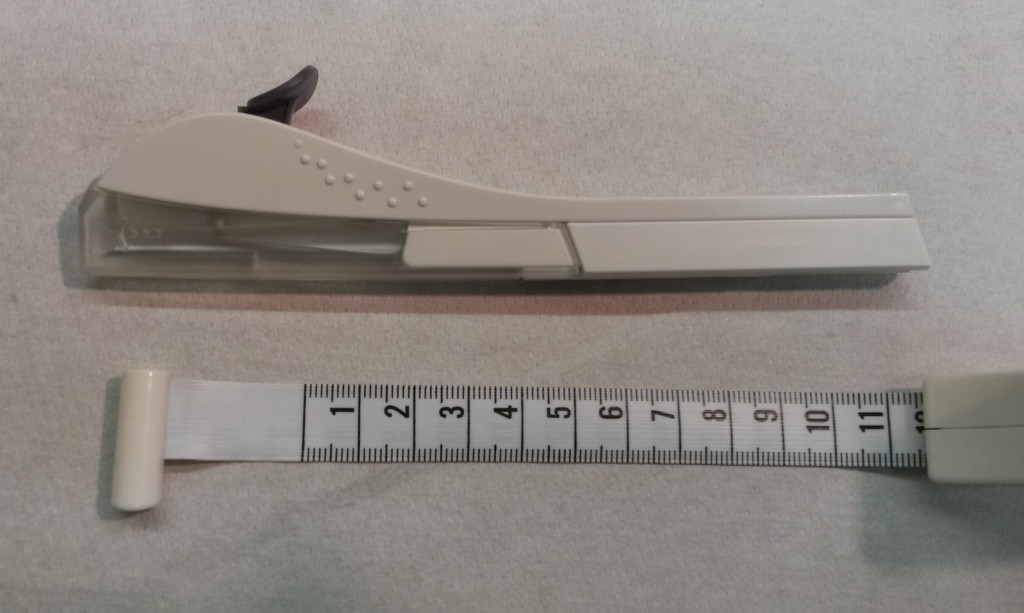
MANILA – While stressing that it will comply with the temporary restraining order (TRO) issued by the Supreme Court last week, the Department of Health (DOH) maintained its position on Wednesday that the contraceptive implant “Implanon” does not cause abortions.
“Actually, family implant is not abortifacient… Its mode of action is preventing ovulation,” DOH Secretary Janette L. Garin said as a reaction to the TRO issued by the SC on the hormonal implants.
Abortifacient refers to a drug or other chemical agent that causes abortion.
It may be recalled that the High Court temporarily prohibited the DOH from “procuring, selling, distributing, dispensing or administering, advertising and promoting the hormonal contraceptive ‘Implanon’ and ‘Implanon NXT’.”
Secretary Garin explained that the implants have been certified as not abortifacient by the Food and Drug Administration (FDA) as part of the compliance to the requirement of SC under Republic Act No. 10354, popularly known as RH Law (Reproductive Health and Responsible Parenthood Law).
The birth control Implanon is a thin, flexible plastic implant about the size of a cardboard matchstick which has been introduced by DOH in its campaign for family planning method that can be used by mothers who want to practice birth spacing.
It is inserted under the skin of the upper arm to inhibit ovulation. It protects a woman against pregnancy for up to three years.
If a woman wishes to get pregnant, the implant is removed.
The woman has also the choice to try other family planning methods once that implant is removed.
The agency started the distribution and introduction of implants as another choice to consider in family planning early this year after the FDA issued the certification in November 2014.
This method of family planning was also introduced in the recent “Buntis Congress” held in different provinces nationwide as part of capacitating women to plan their pregnancies.
Planning pregnancy can help a woman to regain her strength and body nutrients that are usually lost after giving birth.
Another beneficial effect of family planning is it provides ample time for the parents to focus on planning the future of their children.
The method also allows more quality time that parents can spend with their children, aside from giving their children a better future because of lesser expenses.
2 comments on “DOH: Family planning implant not abortifacient; its action is preventing ovulation”
in the provided medical literature of implanon and similar implantable contraceptives, the tertiary effect states that implantable Contraceptives interfere with uterine development making it difficult or impossible for a fertilized ovum to implant or develop in it. That is an abortifacient effect. The reason why Janet Garin insists that it is not is because she still sells the lie that implantation is the start of pregnancy and not conception. This view has been struck down by the Philippine SC together which explicitly stated that it is an unacceptable definition. the SC also struck down the limiting of abortifacient drugs to those which have abortion as its “primary” effect. The SC stated in its decision that even drugs that have this as secondary or tertiary effects are not to be allowed. Garin is lying
Comments are closed.